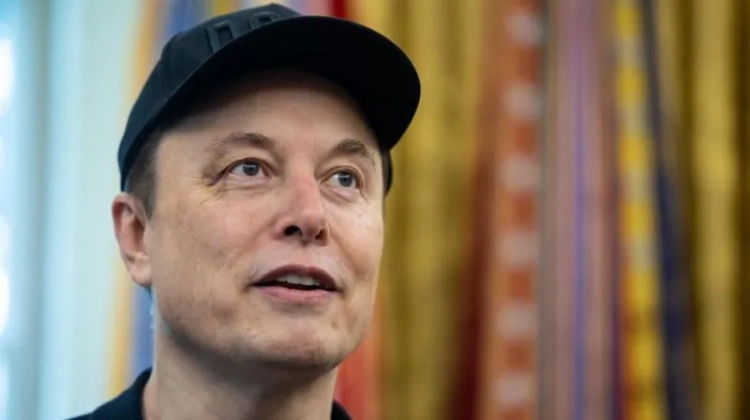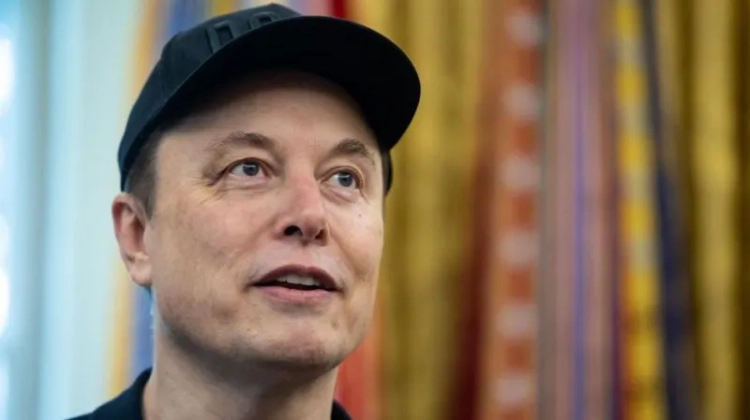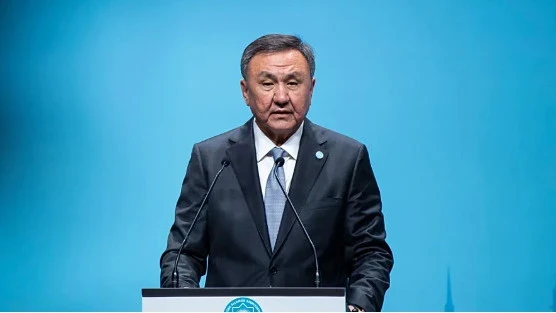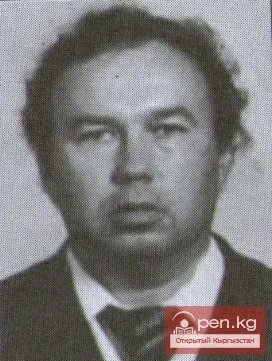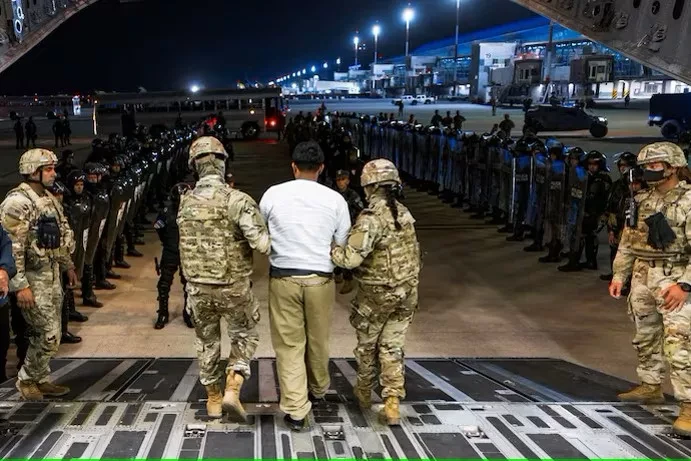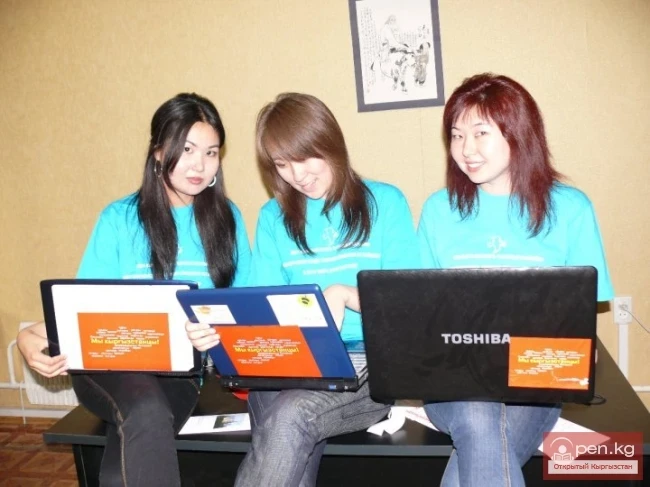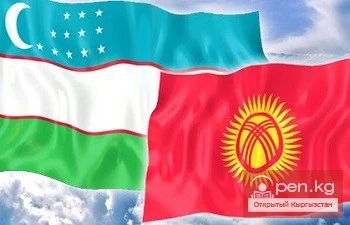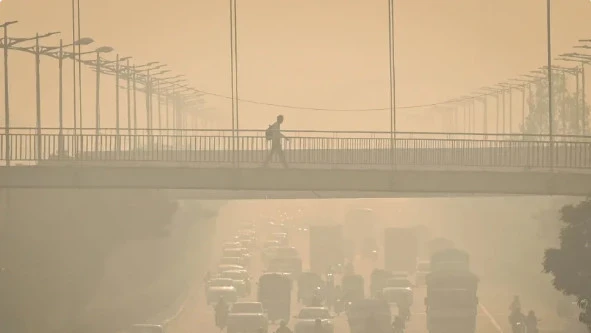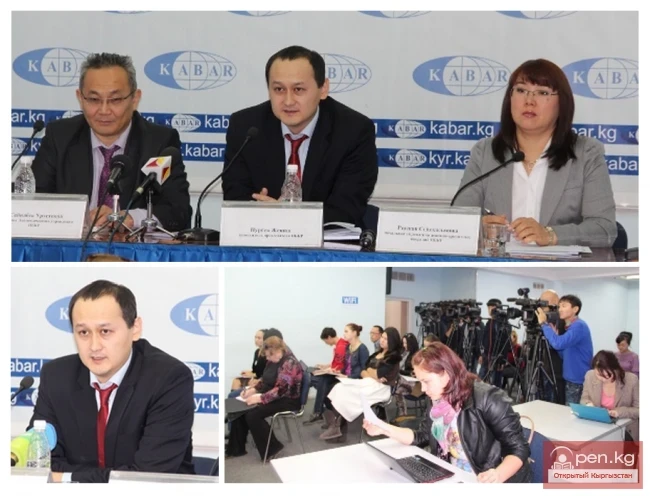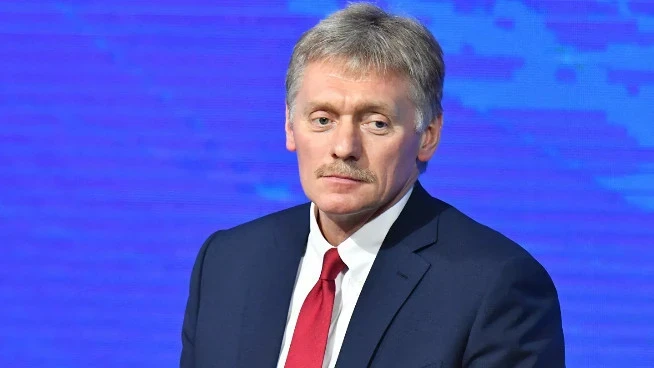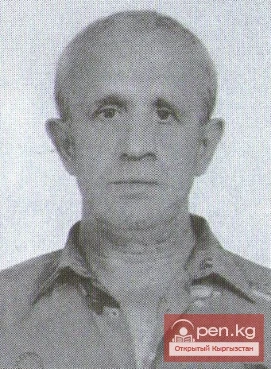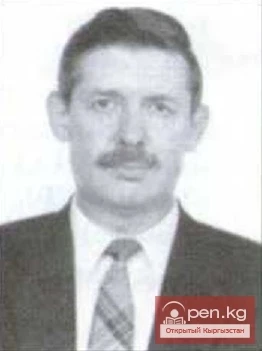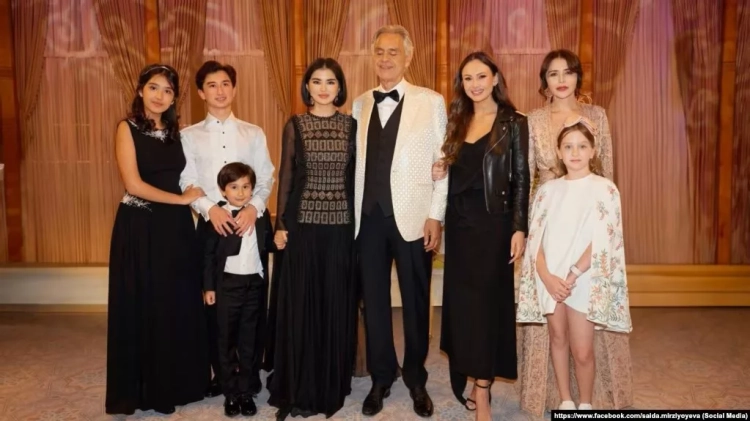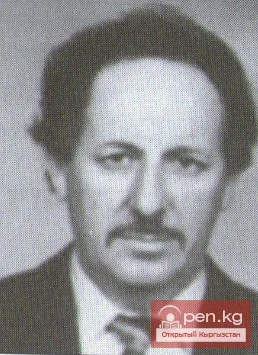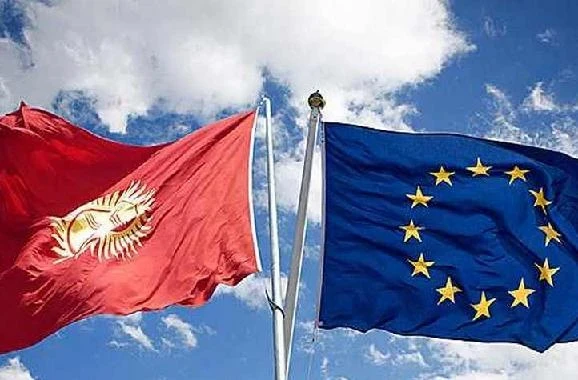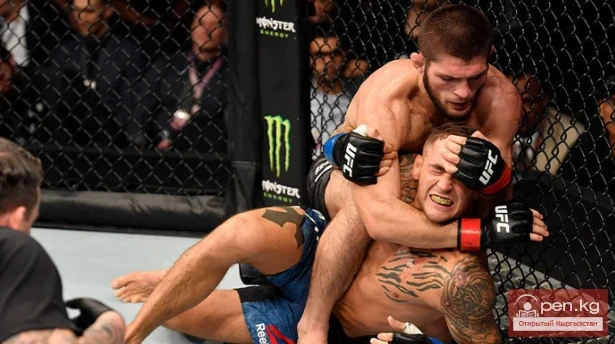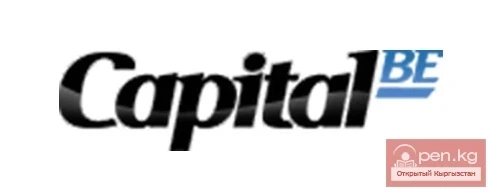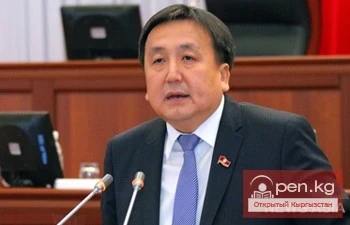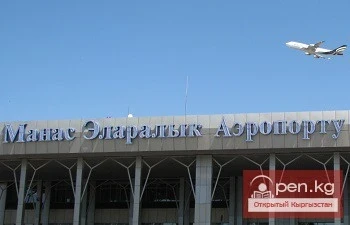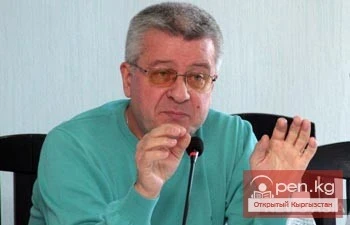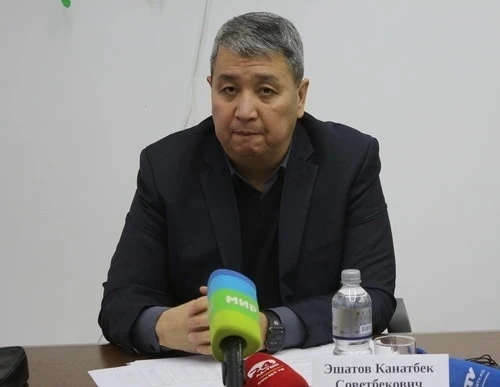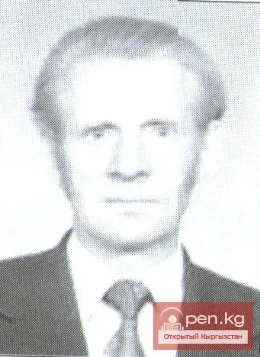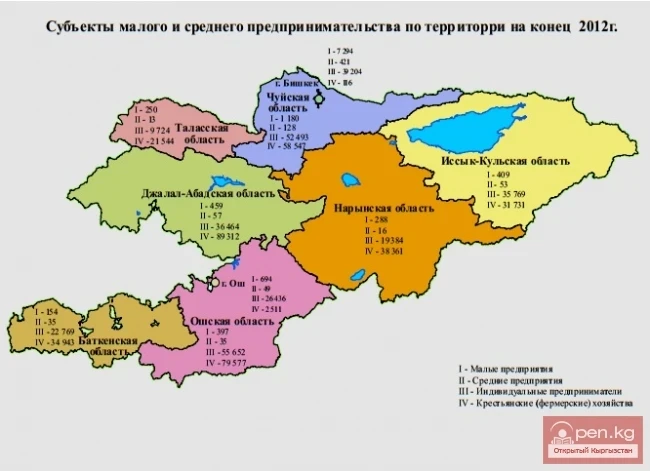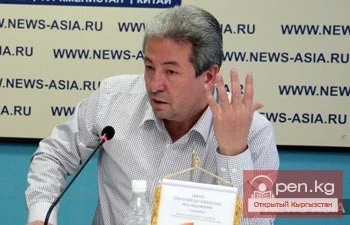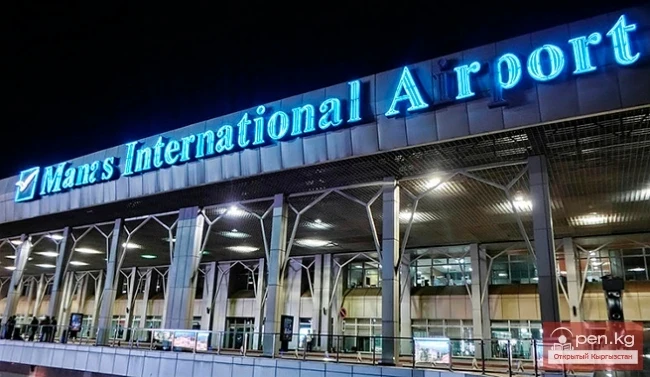According to reports, Musk wants the company's shareholders to vote for his compensation of one trillion dollars in order to gain control over an army of robots.
Musk has made statements in the past that are hard to take seriously, but his recent comments regarding robot management seem particularly strange, the media notes.
In the lead-up to the shareholder vote on Musk's one trillion dollar payout, despite his recent financial troubles (for example, profits dropped by 40% in a quarter that was supposed to be record-breaking), Tesla is actively conducting a large-scale PR campaign, trying to persuade shareholders to support his plan, which affects their stakes and voting, as well as his extension as CEO for the next ten years.
Musk himself claims that his desire for such a reward is not about money, but about the need for control over the company, as he "does not feel confident" in creating AI without sufficient influence over it.
Despite the existence of alternative ways to increase his control, Musk insists that to manage an "army of robots," he needs a 25% stake, while his current stake is about 13%.
However, he does not specify why he needs such control. This time he clearly stated that it is related to his desire to manage an "army of robots."
Musk explicitly states that he wants to control an army of robots. Yes, indeed.
During Tesla's third-quarter earnings call, Musk touched on his true intentions regarding the Optimus robot, responding to a shareholder's question about the difficulties of bringing this device to market. In conclusion to his answer, he said:
What concerns me most is how much control and money I can get in Tesla if I create this huge army of robots. My main problem is whether I will be fired in the future? That’s the only thing I’m trying to solve with… the so-called compensation. But I’m not going to spend money; I just want to know if we create this army of robots, can I at least somehow influence it? Not control, but significantly influence.
— Elon Musk, Tesla Q3 earnings call, October 22, 2025
It is clear that he was trying to soften his speech by replacing the word "control" with "influence," and the phrase "I am building" with "we are building."
This is radically different from his previous statements about the risks of AI, when he called it a "threat" to humanity and expressed a desire to participate in its safe development.
However, in this particular case, AI safety was not addressed, and the emphasis was placed on the desire to manage an army of robots. At the same time, most of his statements were in the first person: he alone wants to "control" this army that he is "creating."
It is important to note that any army requires a mechanism for removing the commander — this is a fundamental principle of modern governance. When this principle is ignored, problems arise, as is the case in countries with military regimes. Typically, removing a commander requires at least 25% of the votes, which in modern U.S. elections amounts to about 0.0000006%.
Let’s forget for a moment that Tesla's Optimus robots have yet to demonstrate any particular capabilities that could instill fear.
At one of Tesla's major presentations, it became clear that the robots were being controlled remotely. While their capabilities raised questions, recent footage shows Optimus demonstrating kung fu skills, which could be the result of carefully choreographed routines.
Nevertheless, even if we assume that the robots will develop to the point of posing a real threat, it is doubtful that Musk genuinely intends to manage an army that, as he previously stated, will consist of billions.
Musk's questionable support suggests that he probably should not own an army of robots
The thought of Elon Musk managing an army of robots raises concerns, especially given his recent political actions, which included supporting racist movements around the world.
His support was not limited to the U.S.; he also intervened in the politics of other countries, including supporting German neo-Nazis and financially aiding the spread of ideas in the UK, backing a violent racist who has been repeatedly convicted.
Given his actions, protests against Tesla have arisen, leading to a decline in sales in various countries and undermining its reputation, including in countries such as the UK, Australia, and Germany.
Musk has also expressed a desire for "greater influence over voting, but not so much that I could be fired if I start acting inappropriately," specifying that this should be around 25%.
Musk criticizes the analysis of his excessive salary and calls dissenters "terrorists."
At the end of the conference, Musk again emphasized his "army of robots," stating:
I feel uneasy about creating an army of robots and then being ousted due to some idiotic recommendations from ISS and Glass Lewis, who understand nothing. These guys are corporate terrorists. The problem is that many funds vote according to their recommendations, and this can have devastating consequences for the future of the company if they control too large a portion of public capital. This is the fundamental issue of corporate governance.
— Elon Musk, Tesla Q3 earnings call, October 22, 2025
Although Musk does not specify particular recommendations, it is possible that he is referring to ISS/Glass Lewis's recommendation to vote "against" Musk's $55 billion compensation package, which he was supposed to receive amid a significant drop in Tesla's revenues.
Despite his claims that having an independent opinion can be harmful to shareholders, Musk seems unconcerned about whether he is that independent opinion when his interests conflict with those of shareholders, as is the case with the current shareholder vote.
Contrary to Musk's words, the analyses by ISS and Glass Lewis are impartial and aimed at protecting shareholder rights, which confirms their objectivity in assessing the situation.
